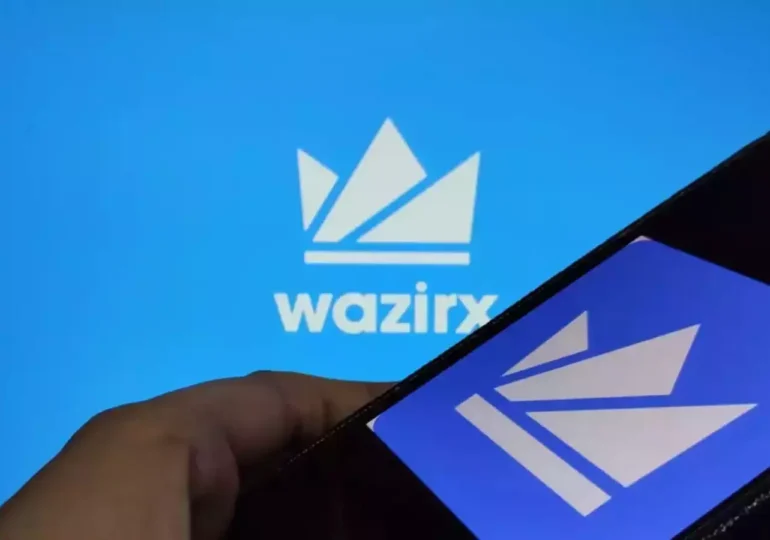Possible Ban on Credit Card Crypto Purchases in South Korea: Here’s Why

As of now, South Korea’s existing regulations require all domestic cryptocurrency exchanges to gather and retain user identities for the purpose of verification. This measure is in line with efforts to ensure transparency, security, and regulatory compliance within the cryptocurrency industry. The collection and verification of user identities are part of broader regulatory initiatives aimed at preventing illicit activities such as money laundering and enhancing the overall integrity of the cryptocurrency market in South Korea.
South Korea, despite its relatively pro-crypto stance, is trying to regulate the ways its residents interact and engage with virtual currencies. The Financial Services Commission (FSC) of South Korea is proposing to ban the purchase of cryptocurrencies via credit cards. The aim is to keep reducing the margin for notorious elements to misuse crypto assets for illegal activities like money laundering and terror financing. Since transactions via crypto are highly private and largely untraceable, these virtual currencies are prone to easily being exploited by criminals – which is a matter of concern for several nations including South Korea.
“Concerns have been raised about illegal outflow of domestic funds overseas due to card payments on overseas virtual asset exchanges, money laundering, speculation, and encouragement of speculative activities,” the FSC said in an official post.
As per South Korea’s current laws, all local crypto exchanges in the country are mandated to collect and save the identities of their users for verification purposes. As of now these rules have not been mandated for international crypto exchanges, through which, miscreants could facilitate unlawful activities, misusing crypto and defrauding banks that provided them with credit cards.
“In the future, it is expected that a basis for cooperation with international brands will be established and prevention of foreign currency outflow and money laundering will be strengthened,” the FSC added.
For now, the regulator has opened the topic for public feedback up until February 13. After review of this feedback, a concrete decision on the subject is likely to be finalised in the first half of 2024. A study by the FSC had stated that the crypto market in South Korea had touched the valuation of $46 billion (roughly Rs. 3,66,318 crore) by the end of 2021, with the number of users reaching nearly 5.58 million or around 10 percent of the country’s population.
In February last year, South Korea announced that all blockchain-based tokens operational within its territories, will be treated under the ‘securities’ category of assets. Investment instruments that do not require any additional fee such as maintenance charges, expect for the original investment are treated as ‘securities’ in South Korea.
The Ministry of Justice in the country is reportedly developing the ‘Virtual Currency Tracking System’ to counteract money laundering cases involving cryptocurrencies.



















